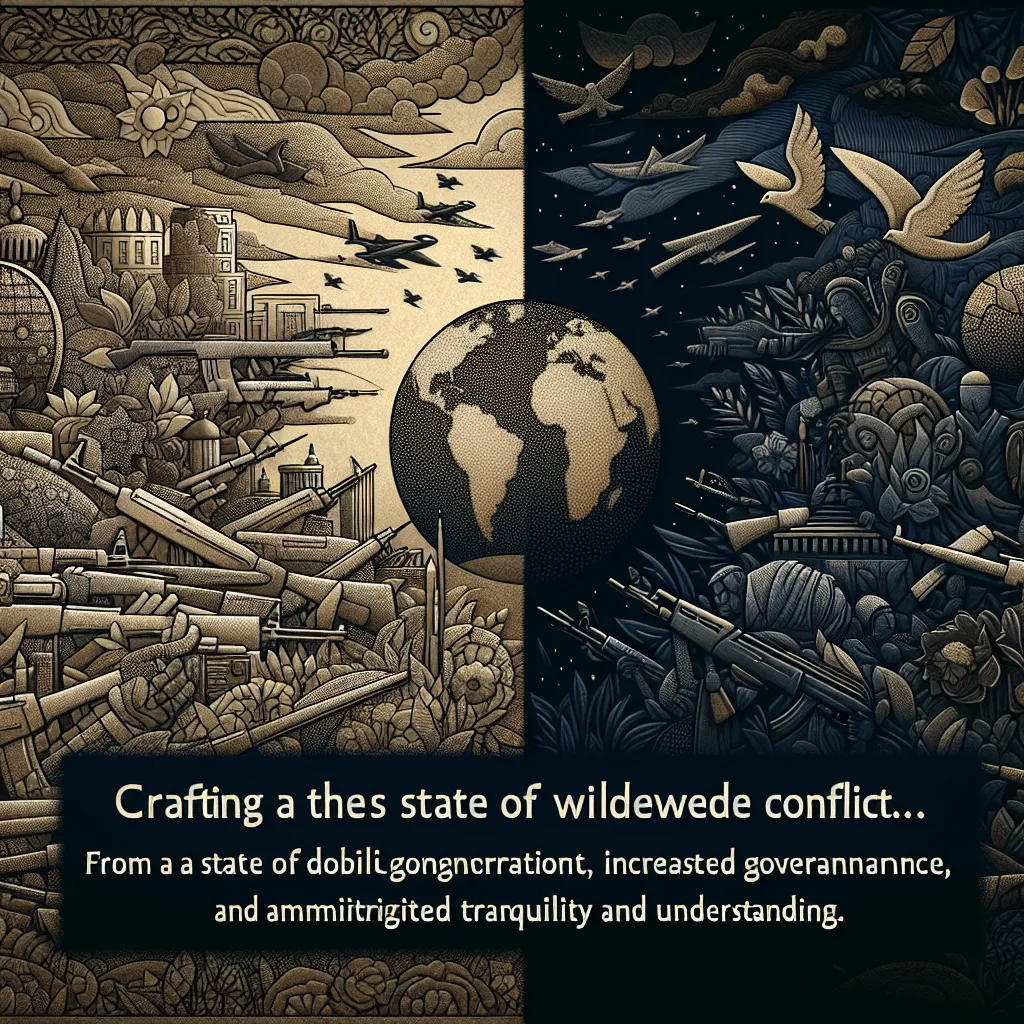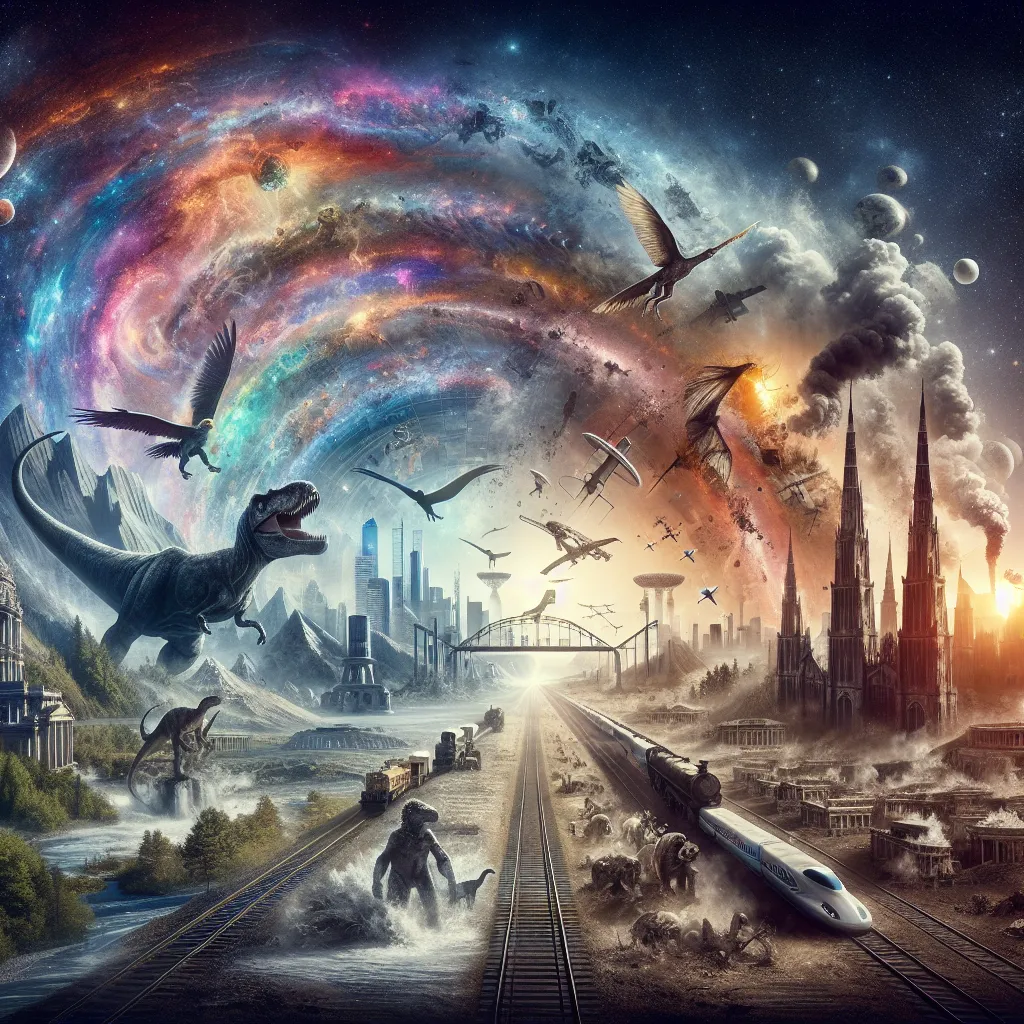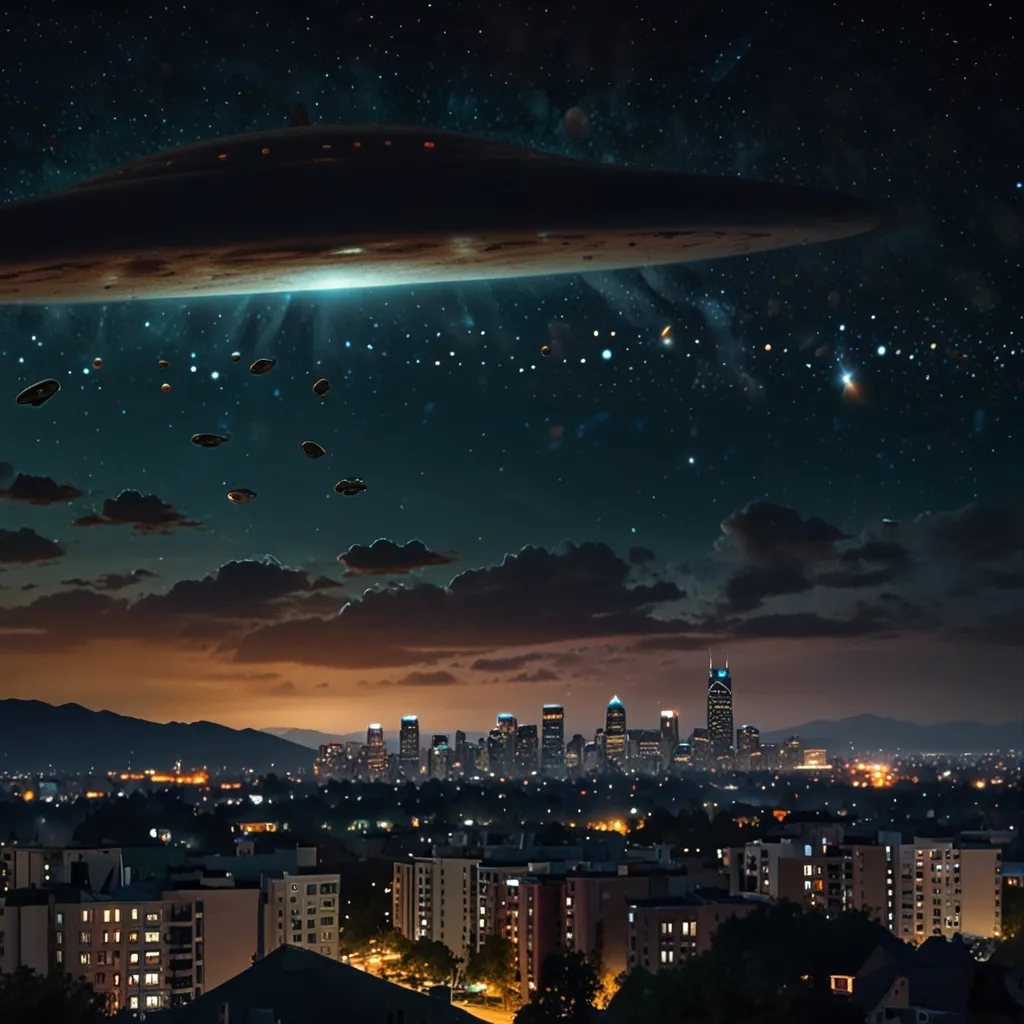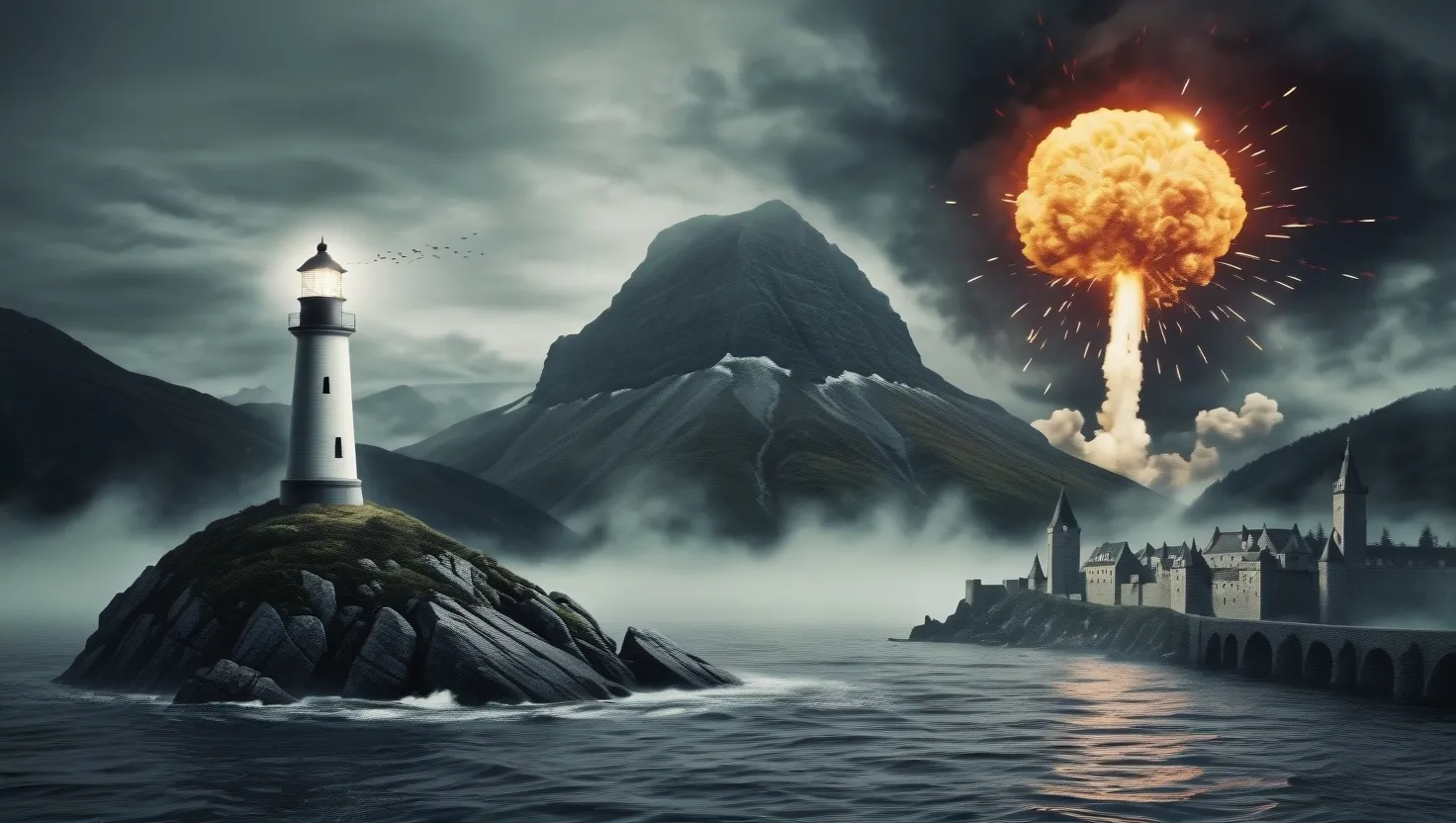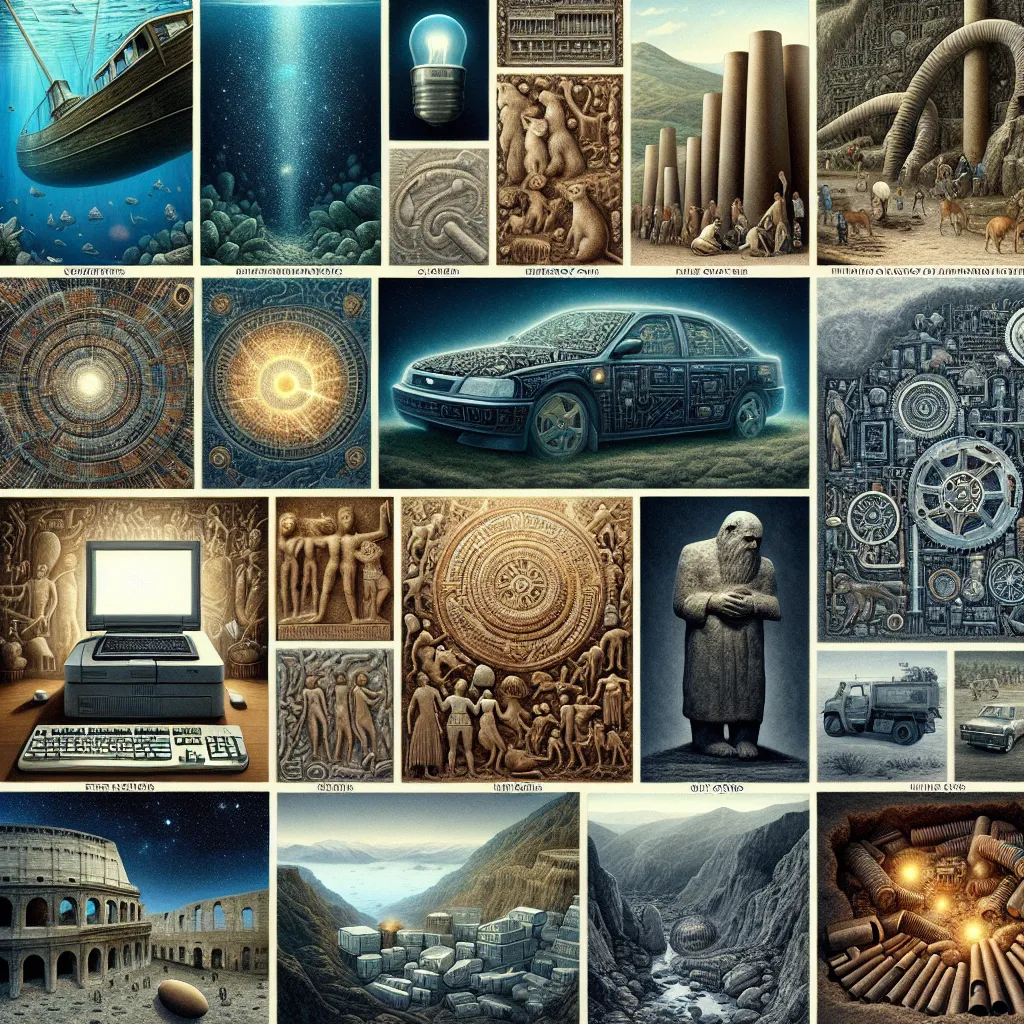Violence and war are constantly in the headlines. From ISIS’s brutal acts to the intense fights between Russians and Ukrainians, and the ongoing conflict between Palestinians and Israelis, it’s easy to feel downhearted. But should we?
Surprisingly, if you look at the numbers, it seems like war is losing popularity. We’re actually living in a very peaceful time compared to the past. It’s hard to believe given the news, but it’s true. As of September 2014, there were conflicts causing significant deaths, but none were wars between countries. They were either civil wars or local conflicts. Civil wars are devastating, but their impact is less than wars between nations, which can mobilize huge forces and resources.
So why this shift? Colonialism and the Cold War played big roles. The end of the Cold War removed a significant source of conflicts, though new tensions arose in the newly freed states, sometimes resulting in civil wars. Also, by 1990, colonial rule had mostly ended, allowing previously oppressed regions to develop independently.
Comparing today’s corporate actions in the third world to colonialism might seem valid, but colonialism was much worse. Take Congo, for example. Established as a colony in 1885 by Belgium, it faced extreme violence and exploitation, with around 10 million people dying under the ruthless rule. Colonialism ended not too long ago, around 1960 for Congo.
Despite ongoing conflicts, things are improving. Civil wars now often end in negotiations rather than complete victory for one side. Globally, four major changes have reduced wars between nations:
- Democratisation: Democracies rarely fight each other. Most wars since 1900 didn’t involve democracies.
- Globalisation: It’s cheaper to buy resources than to seize them. Trade has made people valuable alive, not dead.
- Changing Attitudes: War is now seen as undesirable. International rules and courts hold aggressors accountable.
- Fixed Borders: Most countries now respect international borders, reducing territorial wars.
We can’t definitively say war is gone for good yet. Historically, big wars happen every century or so. If we go another 75 years without a major war, we might then safely say humanity is changing.
Yes, conflicts still exist, but overall, things are looking up. Speaking up for peace and democracy can make the world even better. Keep the hope.
